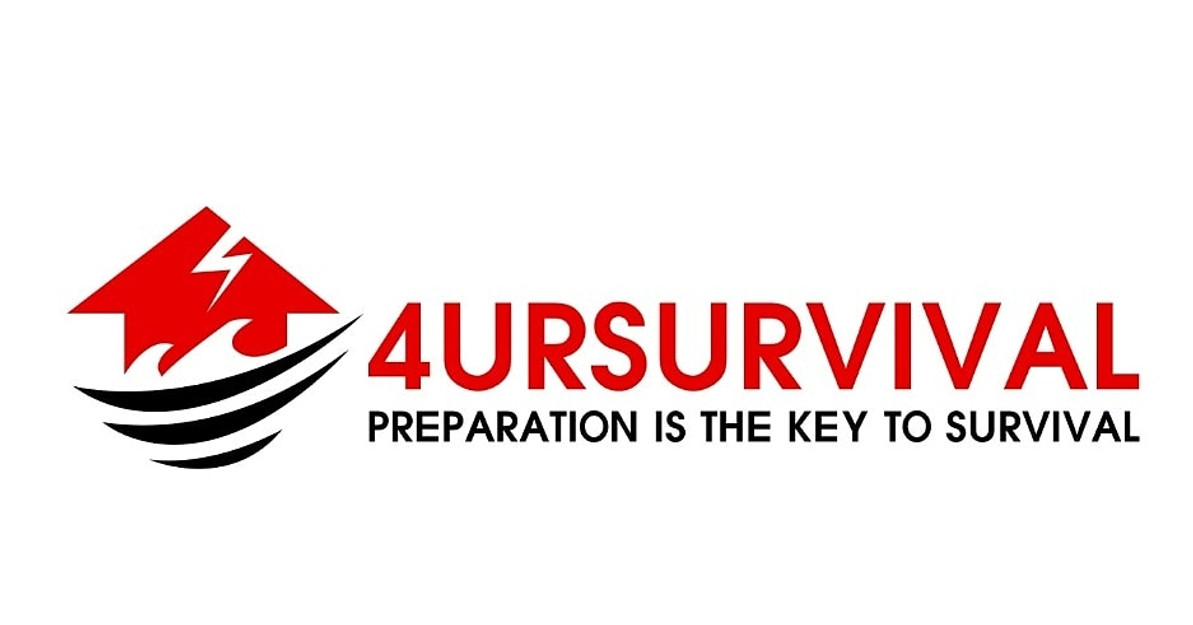Hypothermia Symptoms / Causes Part 2
Hypothermia Symptoms
Shivering is often the first of several hypothermia symptoms. Shivering generally occurs early on in the onset of hypothermia and may not be present as the condition becomes more acute. The most famous hypothermia symptoms are the "fumbles, stumbles and mumbles." As the body temperature drops, the person's ability to perform coordinated tasks, walk smoothly, and talk coherently will decrease. The person may experience increased difficultly in thinking clearly and might make poor decisions. They may become sluggish, feel low on energy and have an indifference to their current condition. As time continues, hypothermia symptoms will become increasingly more dangerous. The person will have a progressive loss of consciousness, might have a weak pulse and shallow breathing.
Additionally, a person who is experiencing symptoms of hypothermia is generally not aware of their condition due to the lack of clarity in their thinking. This is perhaps the greatest hazard in dealing with hypothermia while alone in the outdoors.
Causes of Hypothermia
The causes of hypothermia are mainly exposure to cold weather or cold water. Though it is possible for hypothermia to occur indoors, generally it is a much greater danger in the outdoors. Exposure is one of the main causes of hypothermia and it can occur in a number of ways. One way is fall in to cold water, a classic example of which would be falling through ice. Another of the causes of hypothermia is being unable to move to a warm and dry location and/or being unable to get out of wet clothing. Staying out in the cold too long is one of the common causes of hypothermia. Wearing clothing that is inadequately warm for given weather conditions is another cause of hypothermia.
Recent Posts
-
Hurricanes
Prepare for HurricanesKnow your Hurricane RiskHurricanes are not just a coastal problem. Find out ho …13th Sep 2021 -
Distress Signals
Distress Signals: What Distress Signals can you use?Help Flag - www.4ursurvival.comYou Will Need* A …30th Aug 2021 -
Get Ready for Disasters During National Preparedness Month
September is National Preparedness Month, the perfect time to get your household ready for an emerge …23rd Aug 2021


